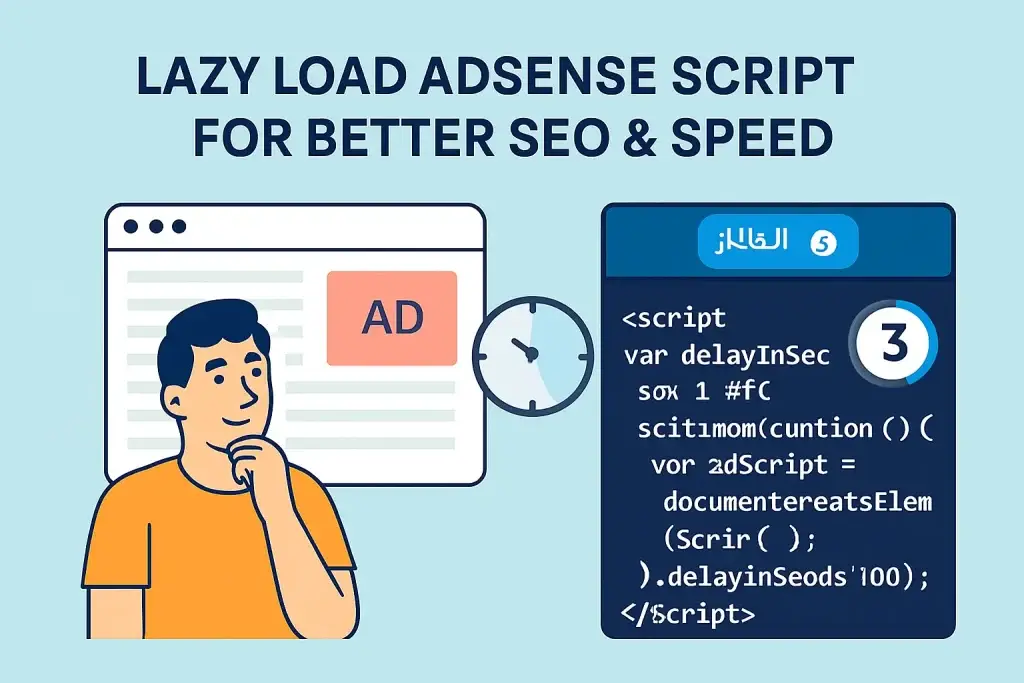Discover the best SEO practices for Blogger articles to increase visibility in search results without violating Google or AdSense policies.
Blogger SEO optimization, long-tail keywords for Blogger, SEO-friendly Blogger articles, increase Google traffic, safe SEO practices, write SEO article for Blogger.
Best SEO Practices for Blogger Articles to Increase Search Visibility
Best SEO Practices for Blogger Articles to Increase Search Visibility
If you run a blog on Blogger and want to optimize your articles for SEO without affecting your template or violating Google and AdSense policies, you’re in the right place. In this article, we’ll explore practical steps to help you increase visibility in search results and attract targeted traffic from Google.
What Is SEO and Why Is It Important for Blogger?
SEO (Search Engine Optimization) is the process of making your content more discoverable by search engines. For Blogger users, optimizing article SEO helps you gain free traffic without relying on paid ads.
Safe HTML Tags for SEO Optimization
To improve your article’s SEO safely, use the following HTML tags within each post:
<meta name="description" content="A concise summary of the article (under 150 characters) including the main keyword."> <meta name="keywords" content="Specific long-tail keywords relevant to the topic"> <h1>Main article title with the primary keyword</h1> <h2>Subheadings with related keywords</h2> <strong>Keywords naturally placed in the content</strong>
Make sure these tags are used moderately and naturally to avoid keyword stuffing or policy violations.
How to Choose Long-Tail Keywords for Blogger SEO
Long-tail keywords are search phrases with three or more words that target specific audiences. Examples include:
- how to write SEO-friendly articles on Blogger
- best SEO settings for new Blogger blogs
- how to improve article visibility on Google search
- free tools to analyze Blogger article SEO
Practical Tips to Optimize Blogger Articles
- Use a catchy title that includes your main keyword.
- Write a unique meta description for each post.
- Distribute long-tail keywords naturally throughout the article.
- Use H2 and H3 tags to structure your content.
- Add internal and external links to relevant content.
- Include images with ALT tags that contain keywords.
- Ensure fast page loading and error-free template performance.
Will This Affect Template Performance?
No. If used properly within the article section, these tags won’t affect your template or site speed. In fact, they help enhance user experience and improve your article’s ranking.
Are These Practices Compliant with Google and AdSense?
Yes. As long as you avoid misleading keywords and duplicate content, these practices are safe and compliant. Always review AdSense content policies and ensure your articles are original and valuable.
Conclusion
Optimizing Blogger articles for SEO doesn’t require complex coding. It’s about understanding how to write and structure content effectively. By using long-tail keywords and proper HTML tags, you can boost your rankings and attract more visitors organically.
Start applying these tips to your blog today and monitor your traffic growth. If you need help finding keywords, try tools like Google Keyword Planner or Ubersuggest.


